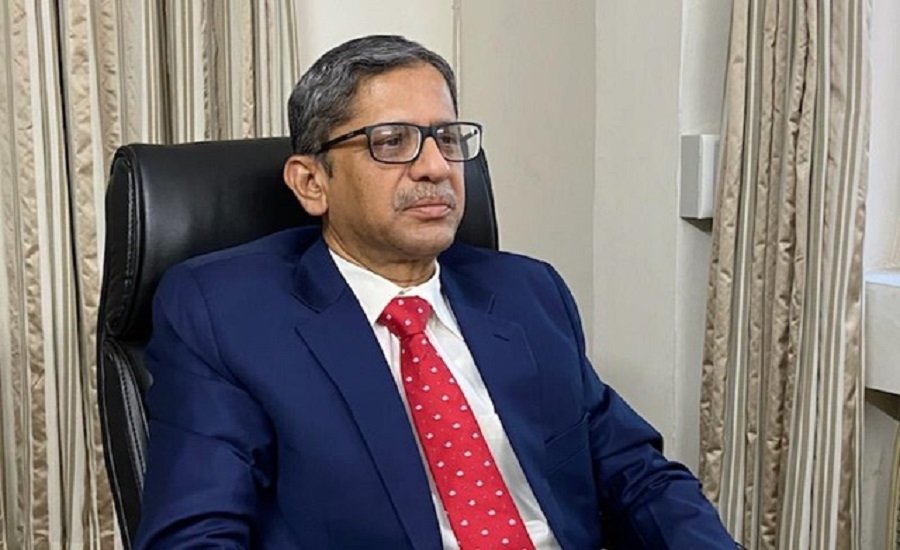
Pendency of cases is another challenge: 3.65 crore as per date collated by National Judicial Data Grid
Mohammad Naushad Khan
THE announcement of appointment of new Chief Justice of India has always been an important event. The appointment always rekindles people’s hope and aspiration towards Judiciary which is considered to be an important pillar of democracy.
President of India, Ram Nath Kovind on April 6, named Justice N V Ramana as the next Chief Justice of India. He will take charge on April 24, a day after S.A. Bobde will retire as chief justice of India.
Therefore it becomes an arduous task before the new CJI to try to restore people’s faith in judiciary and lead judiciary as the custodian of the Constitution irrespective of the pulls and pressure from the political corridors. Expectation from the new CJI is very high keeping in mind his past credentials but challenges are also galore.
The tenure of some of the CJI in the recent past was not as smooth as it was supposed to be. Their period was marked by few controversies; the issue of independent identity of the judiciary was raised on many occasions. It was marked by political brinkmanship over collegium system. Therefore, it would be certainly a tough task before the new CJI to preserve the independent identity of the judiciary and also to maintain fine balance between the judiciary and the executive at the same time.
According to Professor Faizan Mustafa, who is a noted constitutional expert and Vice-Chancellor of NALSAR University of Law, Hyderabad, “No CJI has any special challenge as same problems are faced by all of them. The perception about the Supreme Court being executive minded is to be changed through pro civil liberties decisions. This is the biggest challenge as the court is suffering from the crises of legitimacy just like during emergency. The finalisation of MoP for the appointment of judges is another big issue. Government cannot be allowed to sit over collegium’s recommendations for months. The Judges Population ratio must be improved.”
On the short and long term challenges before the new Chief Justice of India, senior Supreme Court Lawyer Sanjay Hedge said, “Foremost challenge before new CJI is to retain and restore public trust in the institution as an impartial adjudicator and defender of the constitution. Every CJI has the problem of arrears and they have only mounted during COVID. Especially in criminal matters, the emphasis must be on keeping people away from unnecessary imprisonment as under-trials. The government must be discouraged from unnecessary litigation, particularly against other government bodies and institutions.”
When Justice Dipak Misra was appointed Chief Justice of India in August 2017, I had asked noted criminal lawyer of India, K T S TULSI, former Additional Solicitor General of India about his expectations from the newly appointed Chief Justice of India during my special interview with him, he had said,” We have great expectations from him like Justice Krishna Aiyar. He will also be able to give a thrust to justice for the poor.”
Prof. (Dr.) Tabrez Ahmad, Vice-Chancellor, GD Goenka University and Dean, School of Law said, “Technology court is the need of the hour. To resolve the fast growing Cybercrime cases as well as easing out the dispute resolution system the new CJI should provide emphasis on the E-courts. The court rooms and court complexes would become smaller in future due to technological interventions.

